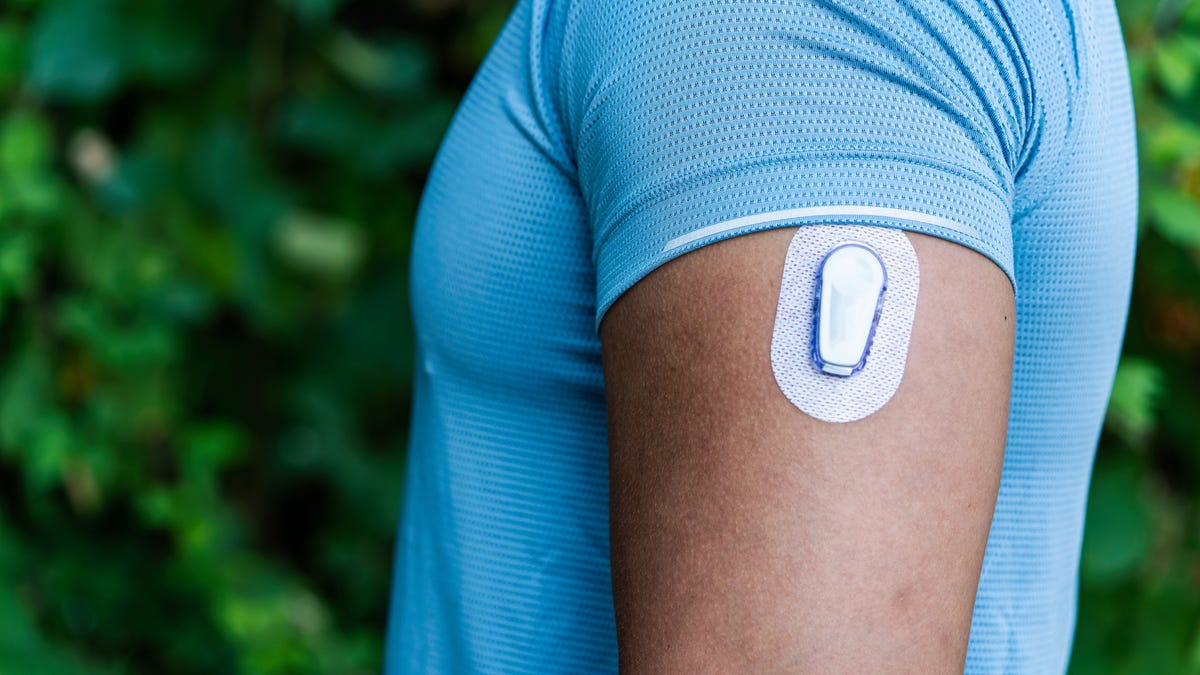 Why You Can Trust CNET
Why You Can Trust CNET Oura Will Share Sleep Scores With Glucose Monitoring Apps
Tracking how your blood sugar affects your sleep, and vice versa, will be easier for January, Veri and Supersapien users.

Oura is partnering with continuous glucose monitoring trackers Veri, January and Supersapien in a move that will blend the smart ring's sleep data and other metrics with information on glucose levels, it announced Wednesday. This opens the door for more insight into how blood sugar is connected to sleep and other areas of daily wellness.
Tracking your glucose levels with the goal of getting more information on how your body uses energy has been possible through the use of some devices, including using CGMs for nonmedical reasons, which have traditionally been used by people to manage their diabetes. If you use Veri, January and Supersapien (the third CGM partner is available in Europe only), you'll be able to pull data from your Sleep, Readiness and Activity scores from Oura and see it beside information you get through glucose monitoring.
With all that combined, you may get insight into how your actions and sleep patterns affect your blood sugar, and vice versa. For example, research shows that chronically poor sleep may result in lowered glucose tolerance.
"These integrations enable you to gain insights into your sleep quality, activity levels, stress levels, recovery patterns and glucose regulation," Shyamal Patel, head of science at Oura, said in a news release. "By identifying connections and patterns between these factors, you can make lifestyle adjustments to enhance your metabolic health, energy levels and overall quality of life."
While the blend of a glucose-monitoring device with an equally sleek sleep-tracking device may be part of the future of wellness, as it combines practices we need to do in order to survive (like eat and sleep), the cost of glucose-tracking is a barrier right now and it requires monthly payments. January, which uses AI to help track your glucose, costs $288 for a starter kit and CGM, then has a monthly subscription plan after your first trial. Veri's sensor and app monthly plan costs $109 per month, with an "upfront" option that's slightly cheaper.
Because CGMs require a prescription in the US, you'll need to go through the companies' medical screening processes to make sure you're able to get the device off-label.

